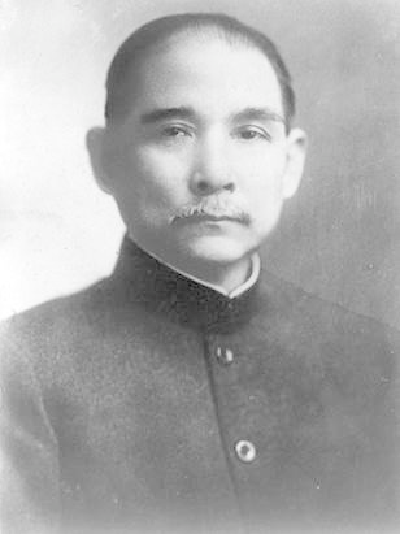Travel Reference
In-Depth Information
change their system of government, they usually plunge into the maelstrom of factional
strife—strife that often brings death and destruction into public life. (Recall Weimar Ger-
many, post-Soviet Russia, and recent events of the Arab Spring in the Near East and North
Africa.) Just so, when the Manchu dynasty fell, China slipped into the maelstrom.
In 1898 the powerful Dowager Empress, Tzu Hsi, died, and the boy emperor climbed
up on the Dragon Throne. For centuries Confucian doctrine supported the idea that the em-
peror ruled by the mandate of heaven. When the ruling house fell through invasions or re-
bellion, it was asserted that the mandate had been withdrawn. As Mencius, a disciple of
that in the natural order of things, a new emperor would assume the throne. And the man-
date would descend on the new ruler. China had no experience with representative govern-
ment. Heaven's mandate presumably did not include republican government.
Figure 16.4. Sun Yat-sen
When the Manchus fell, four influential groups vied to control events. Several
European powers plus Japan were waiting to dismantle China and bring huge areas under

Search WWH ::

Custom Search